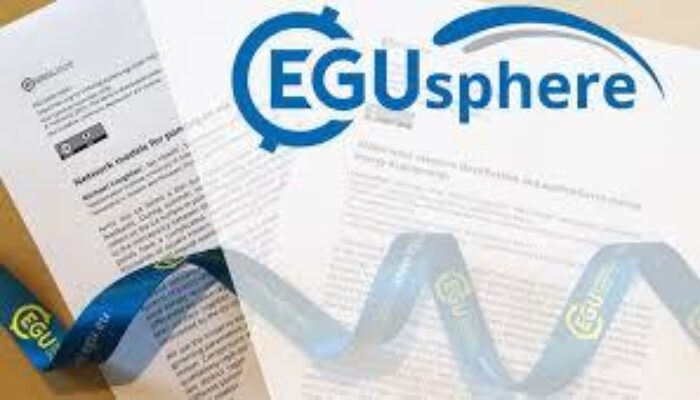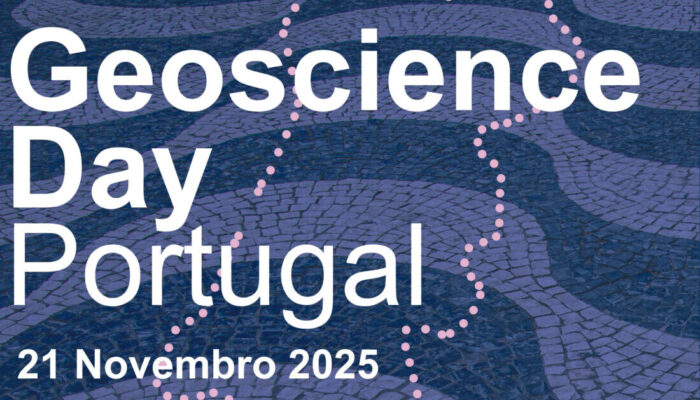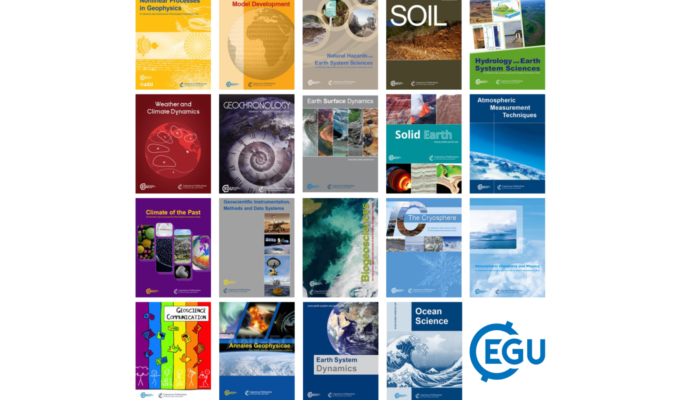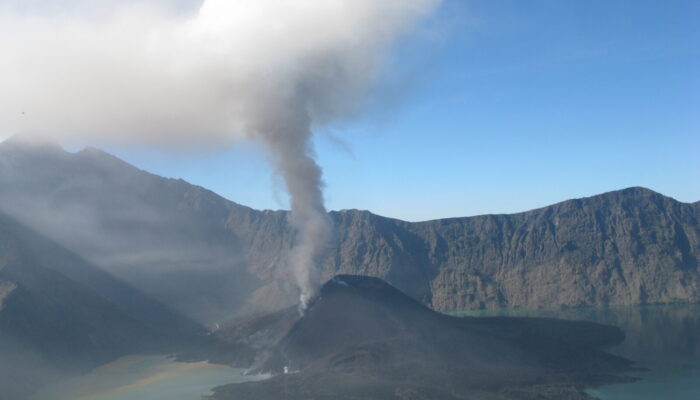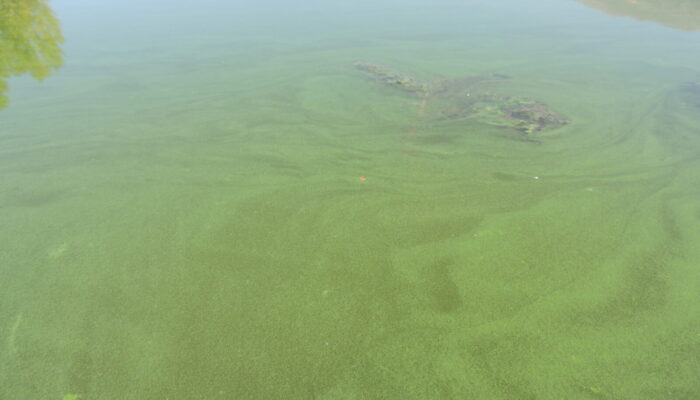During November, several important dates are recognised, including the International LGBTQIA+ in STEM Day on November 18. This month is also designated as Transgender Awareness Month, culminating in the recognition of Transgender Day of Remembrance yesterday, November 20. In celebration of our LGBTQIA+ community, this blog highlights some of the activities we undertook throughout the last year. Be ...[Read More]
GeoLog
It’s more than just a date: Unpacking the importance of the International Day of LGBTQIA+ in STEM – Perspectives of a queer woman in science
We cannot solve the world’s most complex problems, from climate change to curing disease, if scientists must leave parts of themselves at the laboratory door. This is a reality that we must acknowledge in Science, Technology, Engineering, and Mathematics (STEM). The demand for conformity, the fear of judgment, and the reality of discrimination act as invisible barriers that can limit innovat ...[Read More]
GeoLog
Making earthquakes understandable: How “Near Me” search behavior can guide better risk communication
When a tremor shakes the ground, the first thing many people do isn’t check a scientific database: they reach for their phone. Within seconds, searches like “earthquake near me” surge across Google. This simple phrase captures something profound: a universal need not to understand seismic mechanics, but to know “Am I safe?” Over the past few years, this “near me” framing has quietly reshaped how t ...[Read More]
GeoLog
Three reasons why you should consider preprinting your research
Preprints are scientific manuscripts posted online before or in parallel with submission to a peer-reviewed journal. Although the term ‘preprint’ may sound like it is just a preliminary version of a document that will eventually be published in an academic journal, this is not always the case. Not all preprints are intended for formal peer review, and some remain at the preprint stage indefinitely ...[Read More]
GeoLog
From Coimbra to Mação: The multi-audience impact of EGU’s Geoscience Day in Portugal
Today I am thrilled to be chatting with Mafalda Miranda and her team about the 2025 EGU Geoscience Day. Mafalda is a Geothermal Geoscientist whose expertise spans from the University of Coimbra (Portugal) to her PhD research at the Institut national de la recherche scientifique (Canada). As a co-founder of the geoenergy consulting company GRAnalytics Lda, Mafalda understands the importance of appl ...[Read More]
GeoLog
GeoRoundup: the highlights of EGU Journals published during October!
Each month we feature specific Divisions of EGU and during the monthly GeoRoundup we put the journals that publish science from those Divisions at the top of the Highlights section. During this month, we are featuring Energy, Resources and the Environment (ERE) and Hydrological Sciences (HS). They are represented by the journals Geoscientific Model Development (GMD), Solid Earth (SE), Earth System ...[Read More]
GeoLog
GeoTalk: meet Thanushika Gunatilake, researcher of earthquake impacts on geothermal energy
Hello Thanushika – welcome to GeoTalk! Before we delve deeper, could you introduce yourself to our readers? Thank you for having me! I’m Thanushika Gunatilake, an Assistant Professor at Vrije Universiteit Amsterdam. My research connects natural and human-induced processes in the Earth’s crust; from earthquake nucleation in the central Apennines, subduction dynamics, and volcanic activity, to geoth ...[Read More]
GeoLog
The spectral shadow of Samalas: When climate models conjure the Earth’s forgotten fury
This Halloween, we turn our gaze from fictional haunts to the chilling, rigorous world of paleoclimatology. The paper by Hartmann et al. (2025), published on Climate of the Past, focuses on the implementation of external forcings in a regional climate model around the 1257 CE Samalas volcanic eruption. This paper can be quite the unsettling investigation, since it treats the Earth itself as a time ...[Read More]
GeoLog
GeoPolicy: The first case of rights of Nature in Europe: The Mar Menor Lagoon
The rights of Nature: A new paradigm Does Nature have inalienable rights just as humans do? This is what the rights of Nature paradigm stands for, marking a radical departure from the assumption that Nature is property under the law. The idea of rights for Nature stems from legal philosophy and political science. Partially, it is a product of the concept deep ecology, developed by the Norwegian ph ...[Read More]
GeoLog
Letting in instead of coming out? Reflections on shifting from disclosure to self-compassion
Saturday, October 11, 2025, marked World Coming Out Day. In this blog post, my colleague, Simon Clark, and I want to take a moment to share our experiences with you. We believe in the power of relatability and how it can help others feel less alienated in their own experiences. So keep reading, because today, we’re letting you in. Asmae speaking here: Coming out has always been a complicated ...[Read More]




